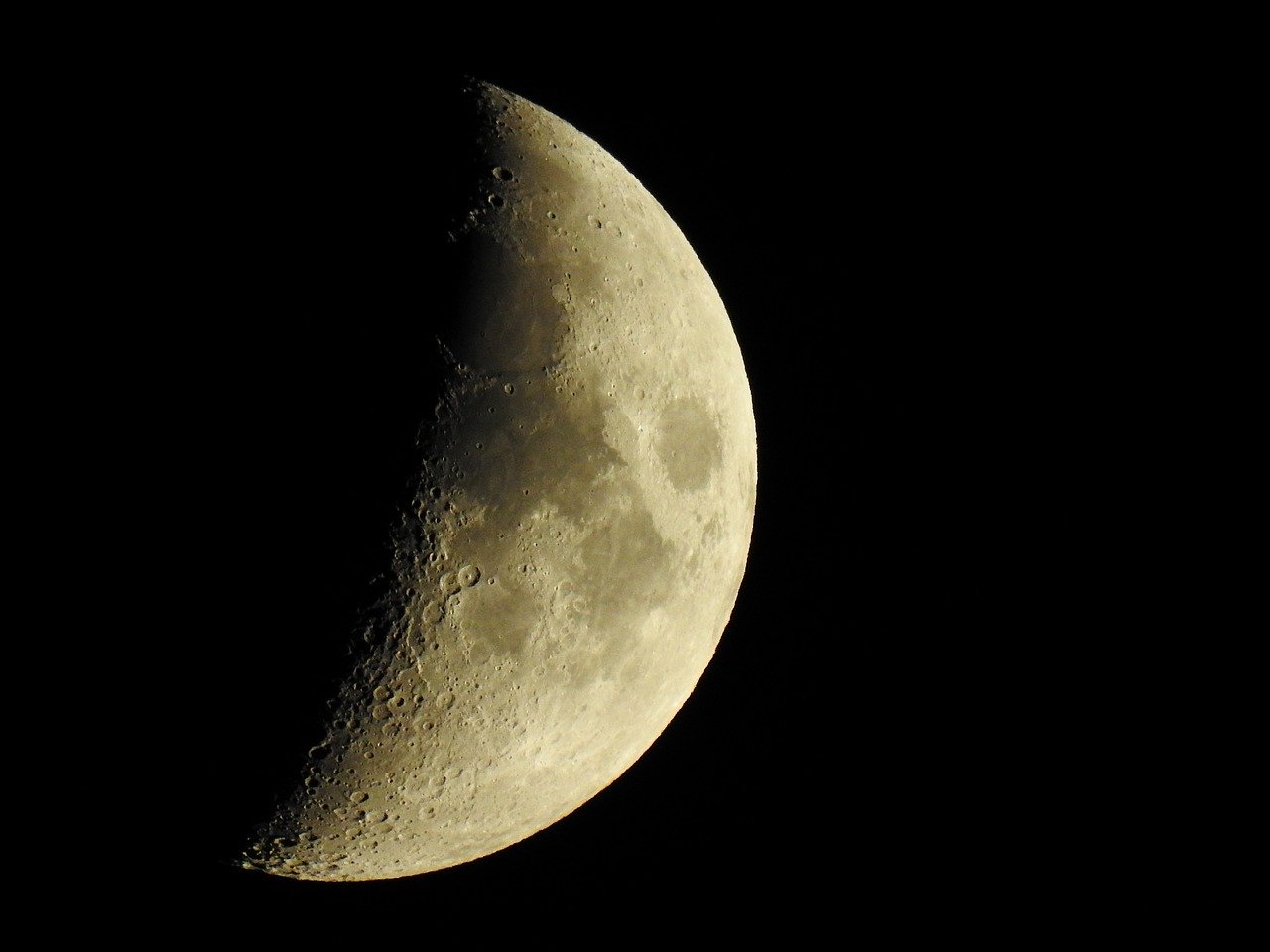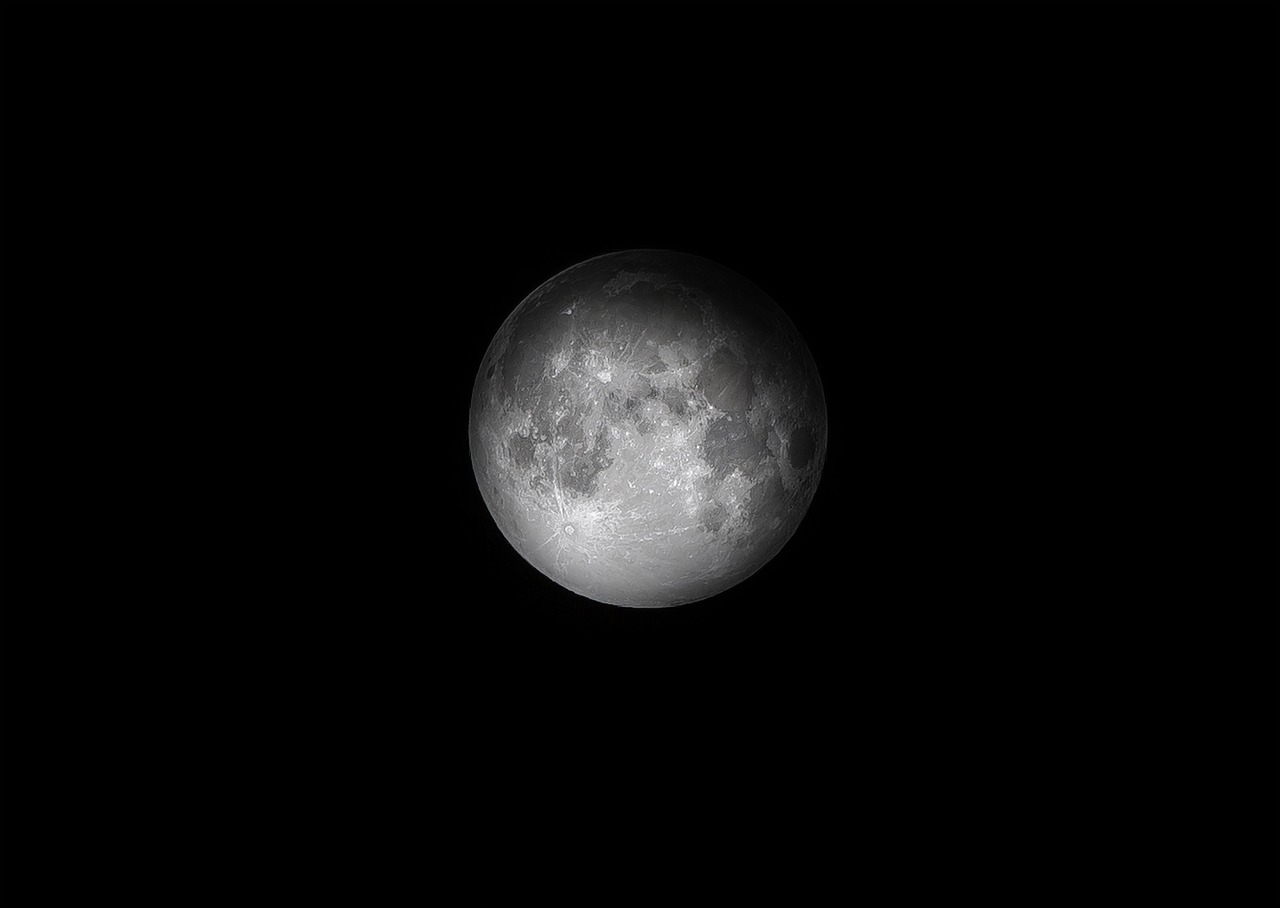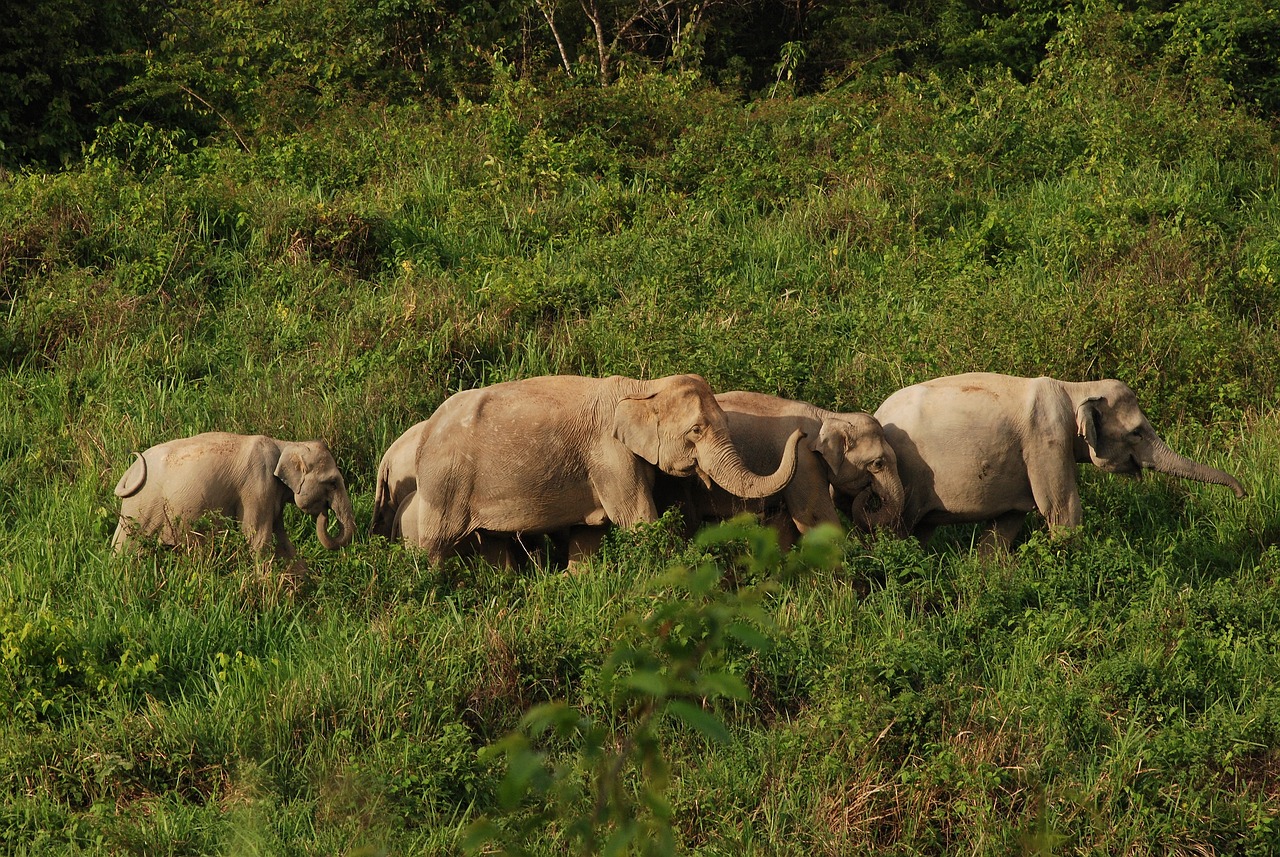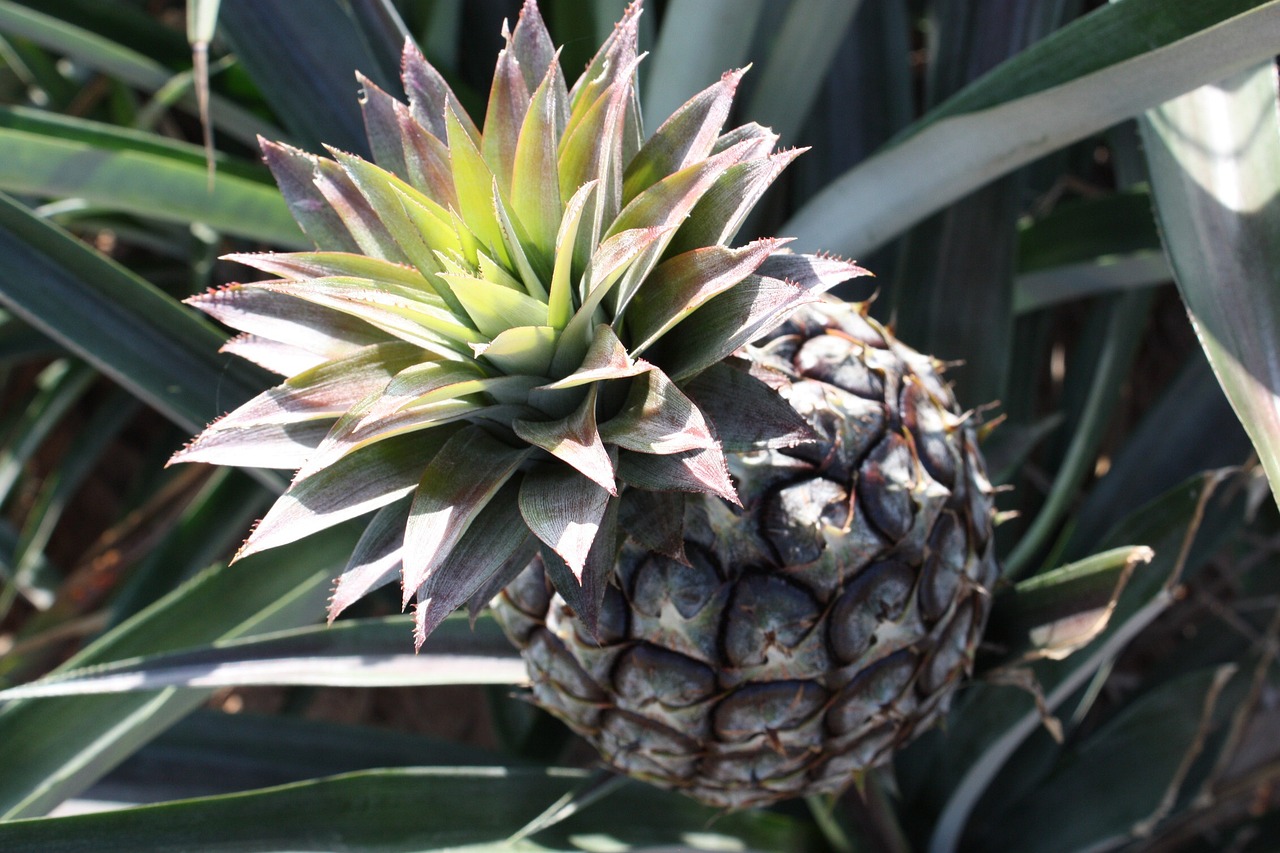Author: Erlang Shen
-
Happy Mid-Autumn Festival! In Mandarin, we refer to this occasion as Zhōngqiū Jié (中秋节)! Here, I have included a drawing of the Moon Goddess of Chinese mythology, Chang’e (嫦娥), who is a central figure in this wonderful celebration. To our friends in Korea, we wish you a joyful Chuseok, and to those in Japan, we…
-
The Legacy and Craftsmanship of Chinese Jade Chinese jade refers to any carved jade artifacts created in China from the Neolithic Period (circa 3000–2000 BCE) onwards. Throughout history, the Chinese have held carved jade in high esteem, viewing it not only as valuable but also as a symbol of purity and resilience. The Significance of…
-
The tale of Chang’e, the revered Moon Goddess, is a cherished narrative within Chinese myths and traditions. This captivating story has been transmitted across generations, enchanting audiences globally. The legend not only sheds light on the origins of the Mid-Autumn Festival but also conveys profound themes of love, loss, and celestial existence. The Story Unfolds…
-
Understanding Nezha in Chinese Mythology Nezha (哪吒) stands as a youthful deity hailed in Chinese folk religion, embodying attributes of innocence and exuberance. Revered as a god of family devotion and children, his many titles include “Marshal of the Central Altar” (中壇元帥; zung1 taan4 jyun4 seoi3), “Prince Nezha” (哪吒太子; naa5 zaa1 taai3 zi2), and “Third…
-
Transformations of Nezha in Chinese Animated Cinema: A Comparative Analysis from 1979 to 2019 Introduction Scholar Macdonald (2016) highlights the flourishing realm of China studies within animated film, indicating a shift from traditional Sinology, which primarily examines premodern topics. Chinese animated films bring a unique perspective to discussions surrounding national identity and cultural influence on…
-
Nezha: The Patron Deity of Youth in Chinese Mythology Overview In the realm of Chinese mythology, Nezha (哪吒) emerges as an extraordinary teenage deity, revered as the guardian of the youth. His remarkable birth story begins with a gestation period lasting three years and six months, during which he developed exceptional strength and the ability…
-
The Legend of Zhong Kui: China’s Demon Hunter Zhong Kui, known as a formidable demon hunter, traces his roots back to the Tang Dynasty, with his legacy continuing into the Song Dynasty, when he became an integral figure in Daoist tradition. Understanding his tale is crucial for grasping elements of Chinese cultural heritage. Origins of…
-
Exploring Zhong Kui: The Minor God in Age of Mythology In the renowned game Age of Mythology: Tale of the Dragon, players can advance to the Heroic Age by invoking the minor god Zhong Kui, a deity of Chinese mythology worshipped by followers of Fu Xi and Shennong. Characteristics and Powers Zhong Kui is equipped…
-
Zhong Kui’s story is intertwined with the legacy of the Tang Dynasty during the reign of Emperor Xuanzong from 712 to 756 AD. Achieving notable success that could have led to fame and prosperity, Zhong Kui instead faced devastating misfortune that ultimately drove him to end his life. Over time, a legendary version of Zhong…
-
From classic tales like Bram Stoker’s Dracula featuring the formidable vampire hunter Professor Abraham Van Helsing to modern anime sensation Demon Slayer: Kimetsu no Yaiba, ghost hunters and demon slayers occupy a significant place in fiction. Interestingly, similar figures are found in Chinese mythology, particularly the powerful Taoist deity called Zhong Kui (鍾馗; zung1 kwai4),…







